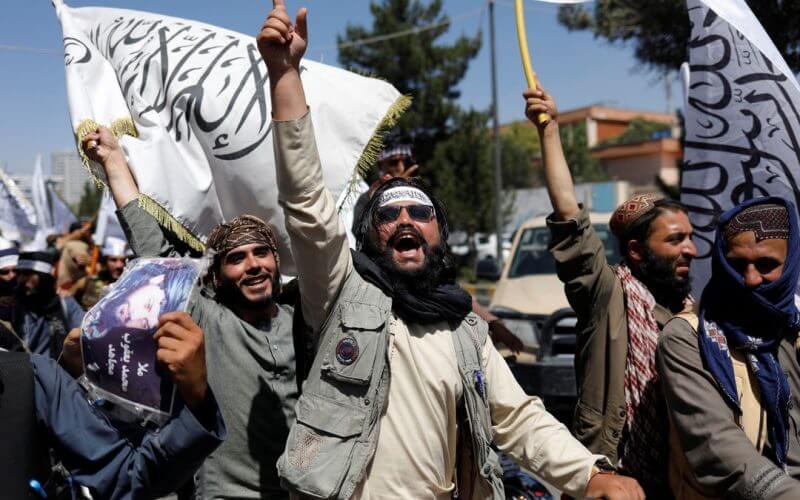Afghanistan's Taliban marked the second anniversary of their return to power on Tuesday, celebrating their takeover of Kabul and the establishment of what they said was security throughout the country under an Islamic system.
After a lightning offensive as U.S.-led foreign forces were withdrawing after 20 years of inconclusive war, the Taliban entered the capital on Aug. 15, 2021, as the Afghan security forces, set up with years of Western support, disintegrated and U.S.-backed President Ashraf Ghani fled.
"On the second anniversary of the conquest of Kabul, we would like to congratulate the mujahid (holy warrior) nation of Afghanistan and ask them to thank Almighty Allah for this great victory," Taliban spokesman Zabihullah Mujahid said in a statement.
Afghanistan is enjoying peace not seen in decades but the U.N. says there have been dozens of attacks on civilians, some claimed by Islamic State rivals of the Taliban.
For many women, who enjoyed extensive rights and freedoms during the two decades of rule by Western-backed governments, their plight has become dire since the return of the Taliban.
Related Story: Biden Admin is the ‘Single Largest Donor’ to Taliban-Controlled Afghanistan Since Botched Withdrawal, Watchdog Says









